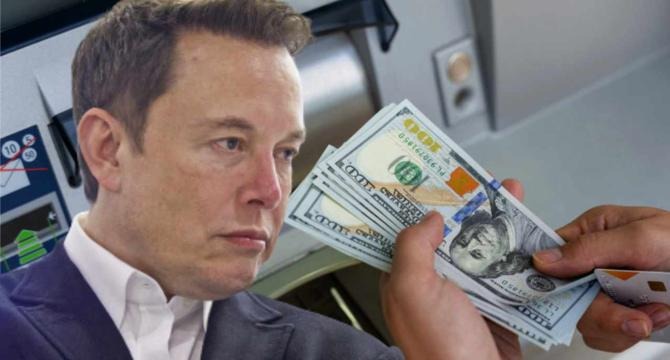
Elon Musk, CEO of Tesla and Twitter, recently urged people to move their money out of bank accounts citing a “massive incentive”. He pointed out the significant difference in interest rates set by the US Treasury and the Federal Reserve, which creates a gap that banks use to earn profits on the money deposited with them. Musk warned that as more people and companies become aware of this, there could be an acceleration of bank depositor flight, even for banks that are considered “too big to fail”.
The US Federal Reserve has kept interest rates low in recent years to support the economy during the pandemic. However, this has resulted in lower interest rates on deposits, reducing the amount of money savers can earn on their savings. Musk’s comments highlight the potential risks associated with keeping money in bank accounts as compared to other investment options that offer higher returns.
Musk has been a vocal critic of traditional banking systems and has been actively promoting cryptocurrencies, particularly Bitcoin. Earlier this year, Tesla announced that it had invested $1.5 billion in Bitcoin and would accept the digital currency as payment for its cars. However, the move also faced criticism, with some experts pointing out the volatility of cryptocurrencies and their potential risks.
In recent years, there has been a surge in online banks and digital payment platforms that offer higher interest rates and lower fees than traditional banks. These platforms are becoming increasingly popular among younger consumers who are looking for more flexibility and better value from their banking services. The rise of digital payment platforms has also disrupted the traditional banking industry, with some experts predicting that it could lead to the eventual demise of brick-and-mortar banks.
Musk’s comments highlight the growing concerns among consumers about the low returns on bank deposits and the potential risks associated with traditional banking systems. With the rise of digital payment platforms and the increasing popularity of cryptocurrencies, it remains to be seen whether traditional banks can adapt to changing consumer preferences and remain relevant in the future.

